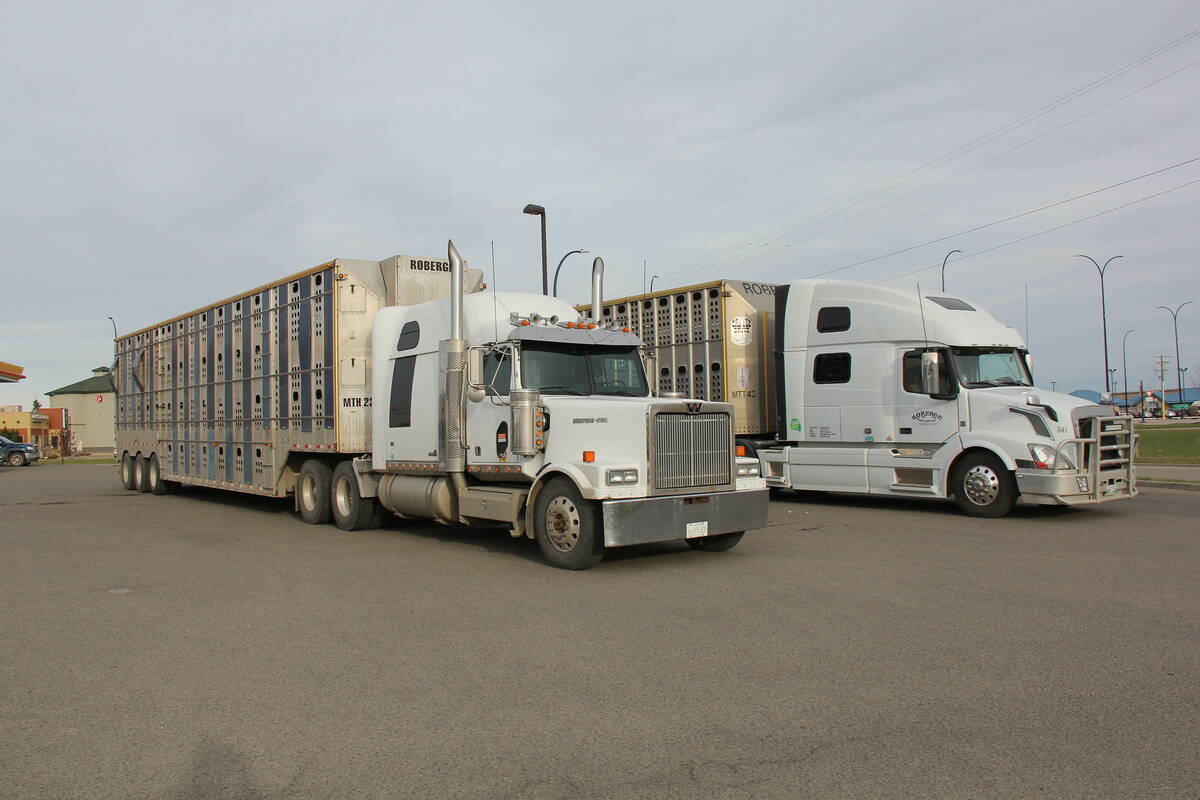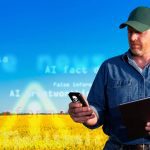CALGARY — Is it time to engage the public in an important discussion and decision? The STP aren’t adequate for real input.
STP stands for the Same Ten People, said Dr. Michael Burgess of the University of British Columbia. They are the token “public” who show up at town hall meetings called to ex-plain or get support for a potentially contentious issue.
Such might be the case when it comes time to discuss genomics and their use in livestock selection, breeding and modification, but it’s going to require more than STP to determine what people think about it.
Read Also

Rest stops of no benefit to feeder calves during long hauls, according to researchers
Three Canadian transport trials showed that providing a rest stop during long-distance transport provided no clear or consistent benefits for the health or welfare of feeder calves.
Burgess spoke on the social and legal implications of genomics during an April 23 Genome Alberta meeting of geneticists, researchers, veterinarians and others with a direct interest in livestock production.
He said a flawed approach has been taken to public consultation on ethical issues. The reason is complex, yet simple.
“We’re not rational beings,” he said.
“I challenge you to defend on rational grounds your last car purchase, house purchase or marital choice. The notion that scientific literacy is the thing that we need the public to have because if they understand, they’ll trust us is erroneous. It doesn’t work.”
The professor in biomedical ethics has helped survey the public on medical issues in different countries. He is seeking ways to engage the public in a deliberate and well-considered discussion of issues so that government can use their views to make decisions on ethical and social issues.
In turn, the public might have more trust in the outcomes.
“Typically, people don’t want to spend time on things if there isn’t a decision to be made,” Burgess said in an interview after his presentation.
“So you can say we need to raise scientific literacy or people’s awareness of where their food comes from, but it doesn’t matter where you are on the political range on that, most people aren’t hearing you.”















